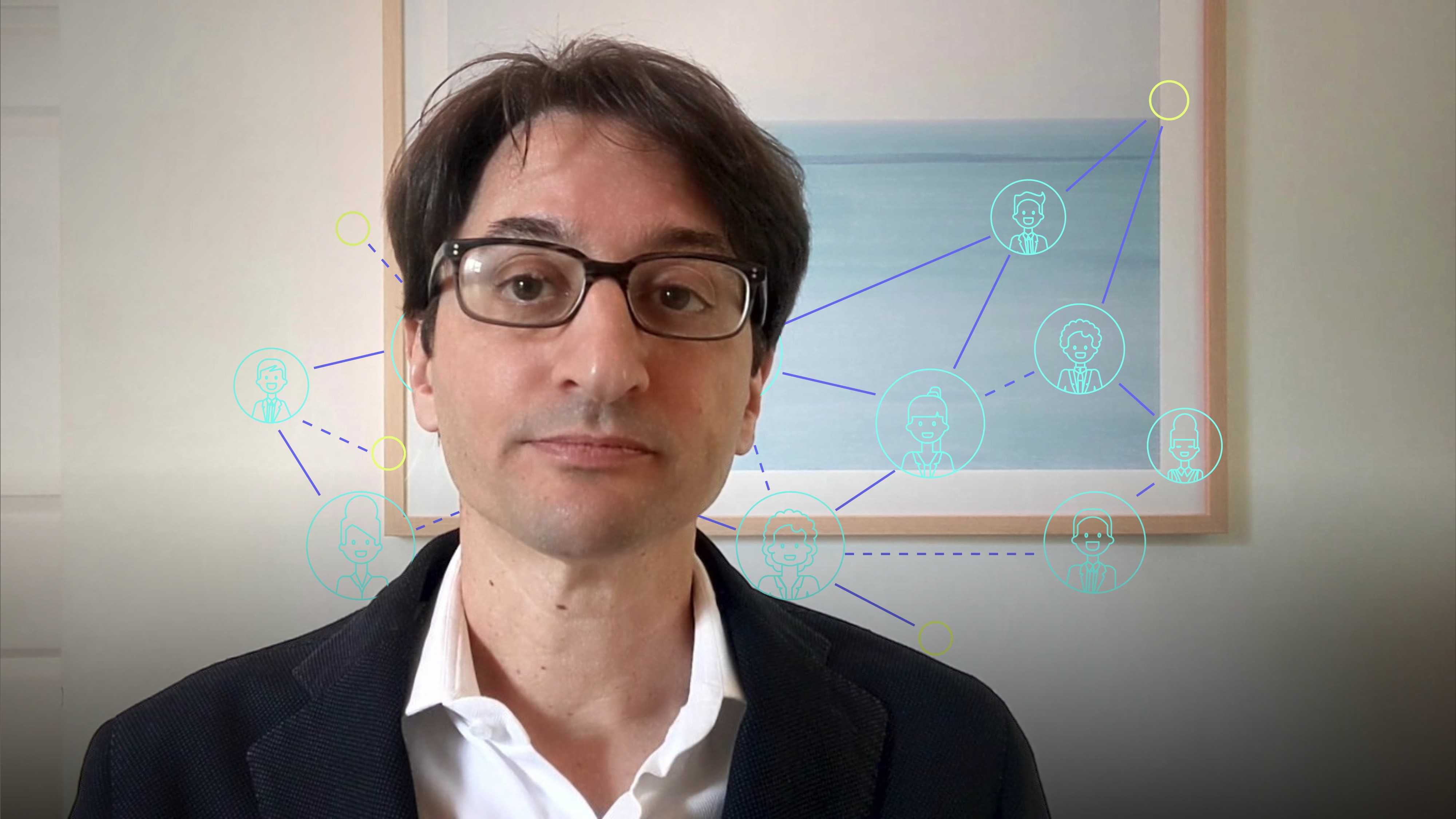
Five Classic Causes of Unintended Consequences

Paul Orlando
25 years: Systems specialist
In this video, Paul talks about Robert Merton's mention of the five causes of unintended consequences, which are error, basic values, short-term vs. long-term interests, ignorance, and the self-defeating prophecy.
In this video, Paul talks about Robert Merton's mention of the five causes of unintended consequences, which are error, basic values, short-term vs. long-term interests, ignorance, and the self-defeating prophecy.
Subscribe to watch
Access this and all of the content on our platform by signing up for a 7-day free trial.

Five Classic Causes of Unintended Consequences
13 mins 53 secs
Key learning objectives:
Learn about Robert Merton’s five causes of unintended consequences
Learn about the different types of error
Understand what are basic values
Learn the types of Short-term vs Long-term interests
Overview:
In the paper he wrote in the 1930's, Robert Merton mentioned the five causes of unintended consequences. The five causes are error, basic values, short-term vs long-term interests, ignorance, and the self-defeating prophecy.
Subscribe to watch
Access this and all of the content on our platform by signing up for a 7-day free trial.
What are the five causes of unintended consequences mentioned by Robert Mertion in his paper?
- Error
- Ignorance
- Basic values
- Short - term vs long - term interest
- Self defeating prophecy
What are the types of errors?
- Systematic errors
- Random errors
- Blunders
- Incentives
- P-hacking
What are basic values and their types?
Basic values are long-standing beliefs or ideals about what is good or bad, shared by members of a group. There are both stated (or believed) and practiced basic values. They spring from ideals, culture, history, and more and aren't necessarily ranked in order of goodness or badness.
What are the types of short term and long term interests?
- Physiological needs - This is where we choose what feels good in the short term even when there are known long-term consequences
- Classical economics - This is where individuals act in their own best interest without considering the whole system and end up producing other outcomes for society which were outside of anyone’s inten
- Psychological generator of emotional bias - We do things that feel good now rather than things that might be better later
- Trade-offs - Short-term interests have near-term pay-offs
- Connectedness - Change one thing and the effect ripples out elsewhere
What are the forms of ignorance?
- Ignorance by unawareness
- Ignorance from lack of usefulness
- Ability ignorance
Subscribe to watch
Access this and all of the content on our platform by signing up for a 7-day free trial.

Paul Orlando
There are no available Videos from "Paul Orlando"



























